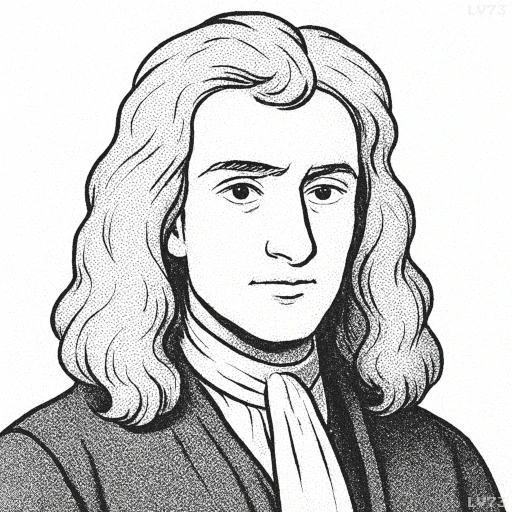“I do not know what I may appear to the world; but to myself, I seem to have been only like a boy playing on the seashore, and diverting myself now and then in finding a smoother pebble or prettier shell than ordinary, while the great ocean of truth lay all undiscovered before me.”

- January 4, 1643 – March 31, 1727
- Born in England (UK)
- Natural philosopher, mathematician, physicist, astronomer, theologian
table of contents
Quote
“I do not know what I may appear to the world; but to myself, I seem to have been only like a boy playing on the seashore, and diverting myself now and then in finding a smoother pebble or prettier shell than ordinary, while the great ocean of truth lay all undiscovered before me.”
Explanation
In this reflective and humble quote, Isaac Newton compares himself to a boy playing by the seashore, finding small discoveries (represented by pebbles and shells) while acknowledging that the vastness of true knowledge—symbolized by the ocean of truth—remains largely undiscovered. Despite his monumental contributions to physics, mathematics, and astronomy, Newton is expressing a deep sense of humility, suggesting that his scientific achievements are just tiny fragments in the much greater body of knowledge that still lies beyond his reach. Newton recognizes that, while he may have made significant strides in uncovering the mysteries of the natural world, there is still an enormous amount left to learn and explore.
This quote also reflects Newton’s intellectual humility and his belief in the limitlessness of knowledge. Even though he had formulated the laws of motion and universal gravitation, developed calculus, and made profound contributions to optics, Newton saw himself as only scratching the surface of the vast “ocean of truth.” He was acutely aware of the infinite complexity of the universe and the fact that scientific discovery is always partial, with each breakthrough opening up new questions and deeper mysteries.
In modern terms, Newton’s words resonate with the continuous pursuit of knowledge in the scientific community. Despite the immense advances made in fields such as physics, biology, and astronomy, scientists today recognize that there is still so much to uncover. The great ocean of truth remains an ongoing frontier, whether it’s in the study of the quantum realm, the origins of the universe, or the nature of consciousness. Newton’s reflection reminds us that science is an ever-evolving journey, with each discovery leading to more questions and greater opportunities for exploration. It also underscores the importance of humility in the face of the unknown, a sentiment that continues to inspire both scientists and philosophers today.
Would you like to share your impressions or related stories about this quote in the comments section?



